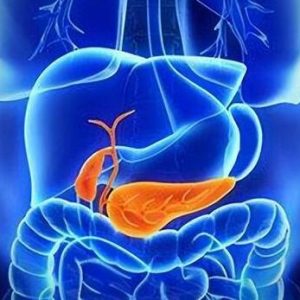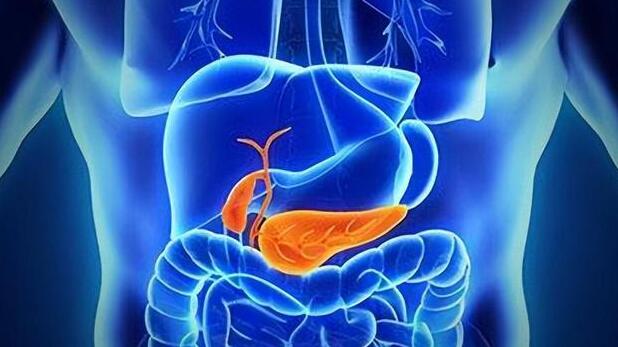Overeating, a common human tendency, can stem from various reasons such as taste preferences, stress, or habitual behavior. During meals, we physically place food in our mouths and mentally signal to stop eating once full. However, there’s a significant delay between the moment our stomach feels full and when our brain registers it, leading us to continue eating for approximately 20 minutes past the point of satiety. By this time, we’ve unknowingly consumed excess food, only realizing it when our waistbands begin to feel uncomfortably tight.

Have you ever experienced this inadvertent overeating? Repeated bouts of excessive eating can have profound effects on the body, which we will discuss in detail below.
When we eat too much, our bodies are pushed beyond their normal operational limits. The stomach expands to accommodate the extra volume, potentially compressing other organs and causing symptoms like bloating, nausea, and vomiting. The digestive system is then forced into overdrive, with the stomach needing to secrete more gastric juices, which can lead to acid reflux and heartburn.
The pancreas and liver must produce additional insulin, digestive enzymes, and bile to process the surplus of food. The intestinal tract also has to secrete more digestive fluids and absorb the excessive nutrients, placing an increased workload on the gut microbiota.
Studies have found that consuming too many high-fat, high-energy foods can exacerbate feelings of sadness, tension, and irritability. These changes can disrupt sleep, with some foods elevating body temperature post-meal, further degrading sleep quality and impacting the following day’s alertness and overall life quality.
The long-term consequences of habitual overeating are severe, imposing a lasting burden on the body and triggering various health issues. Chronic overconsumption leads to obesity, a risk factor for numerous diseases and increased mortality rates. For instance, individuals with a BMI of 30-35 kg/m² have a fivefold increased risk of type 2 diabetes, while those with a BMI of 40-45 kg/m² face a twelvefold higher risk. Obesity also elevates the likelihood of obstructive sleep apnea, cardiovascular diseases like coronary heart disease and stroke, and non-alcoholic fatty liver disease. Moreover, it can accelerate cognitive decline in the elderly through mechanisms such as increased inflammation and endothelial dysfunction.
Overindulgence can create a vicious cycle of binge eating, where the body’s appetite regulation becomes disturbed. High-fat, high-salt, or high-sugar foods stimulate dopamine and other pleasure-inducing hormones, leading to an association between these foods and happiness in the brain, encouraging consumption for pleasure rather than hunger.
To avoid overeating, it’s essential to recognize when you’ve had enough. Aim for “eighty percent full,” a state where you feel satisfied but not bloated, and can comfortably wait until the next meal. Here are some tips to help control your eating habits:
1. Identify foods that make you prone to overeating and find healthier alternatives.
2. Incorporate more dietary fiber and water-rich foods to enhance satiety.
3. Chew slowly to give your brain time to register fullness.
4. Keep a food diary to monitor your eating habits and emotions.
5. Stick to regular mealtimes to maintain good dining habits and prevent binge eating.
6. Find alternative stress relievers like listening to music or socializing.
If overeating becomes severe or leads to food addiction, seek professional help. Additionally, consider dining with someone who eats less; their influence may encourage you to consume smaller portions.










